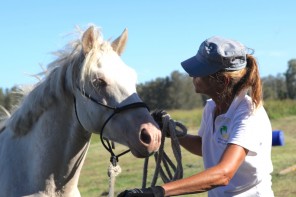It’s a brave person who takes the road of DIY Super writes Campbell Korff from Yellow Brick Road, despite the growth of self-managed super funds.
Lawyers have a saying: “A lawyer who advises himself, has a fool for a client”. This axiom represents a rare sign of humility in a profession reliant on confidence in one’s own skill and knowledge. However, the issue is not so much about skill, but objectivity. Lawyers recognise that no matter how smart they might be, they cannot effectively divorce themselves from the emotion and bias that accompanies personal matters; distorting judgement and weakening decision-making.
Good business managers apply the same logic. That is why we have boards of directors, project committees and executive teams.
Yet, when it comes to our personal wealth, so many of us insist on doing it on our own. The huge growth in Self-Managed Super Funds in Australia in recent years, bears this out. Given the scandal-riddled recent history of the financial planning space, this reluctance to seek professional advice is perhaps understandable.
Despite these scandals, however, a number of independent studies have shown that engaging a financial adviser will help you grow your wealth and recent reforms of the industry have greatly improved those odds. Whether you have an SMSF with $5million or an industry super fund with $50,000, getting professional help should improve your financial decision making.
However, if you do not have a finance background, how do you choose a financial adviser? What questions should you ask? Here are my top tips:
- Credentials: there has been a lot of criticism recently of the low level of technical qualifications required of financial planners and rightly so, in my view. On its own, a Diploma of Financial Planning is a basic qualification. A degree in finance/economics and/or relevant industry experience is preferable;
- Experience: in boom times, it’s easy to look good. The test is how advice and strategies hold up under pressure. How did your adviser perform during the Global Financial Crisis?
- Conflicts of Interest: as the banks are finding out, it is very difficult to provide objective advice when the financial planner is employed by the institution selling the product. Consider what financial or other relationships might impact the advice you receive;
- Resources: financial advice requires thorough research and specialist skills in many highly technical areas. Ask about the team and resources backing up your adviser;
- Longevity: forming an effective relationship with an adviser takes time. Consider how long your adviser will be around for;
- Language: there is a lot of technical jargon in finance. Your adviser should be able to explain technical concepts in language you understand;
- Cost: removal of commission based income for financial advice is the best thing to have happened in financial services since super was invented. However, it means that we now pay professional fees for advice. Consider the cost-benefit and what’s at stake, not just the price.






